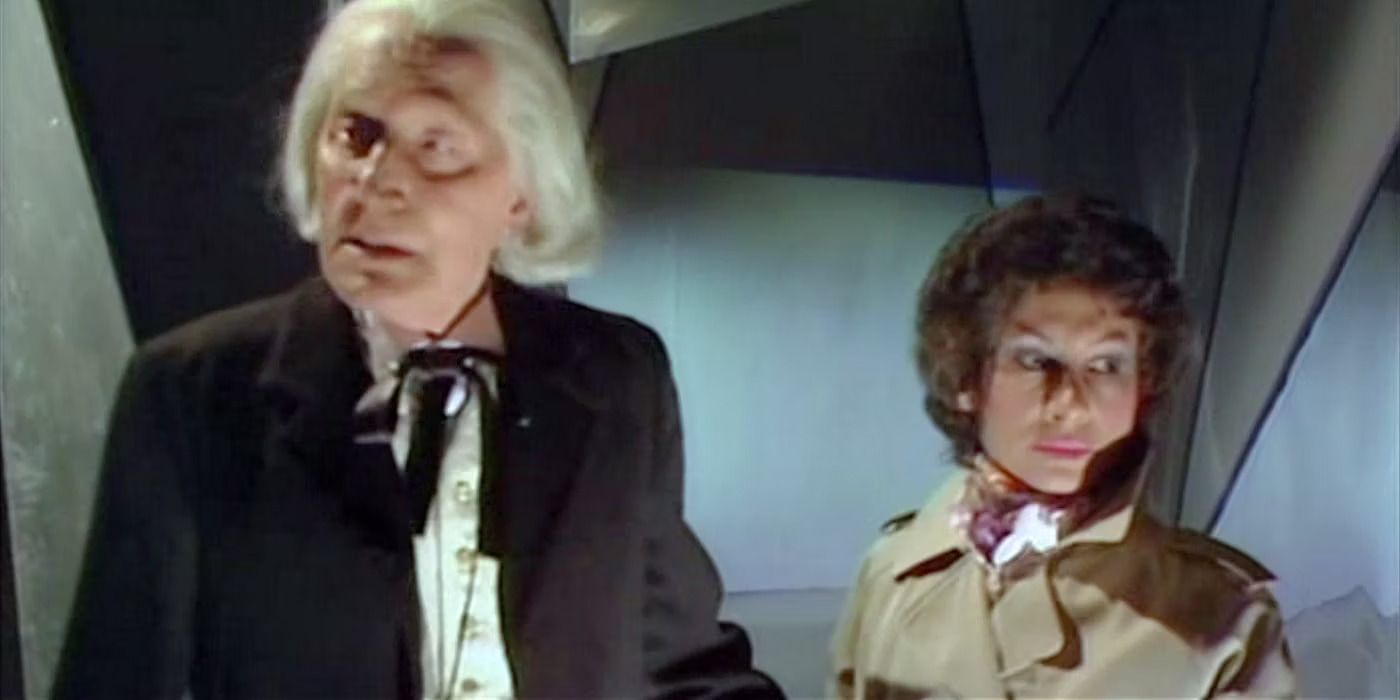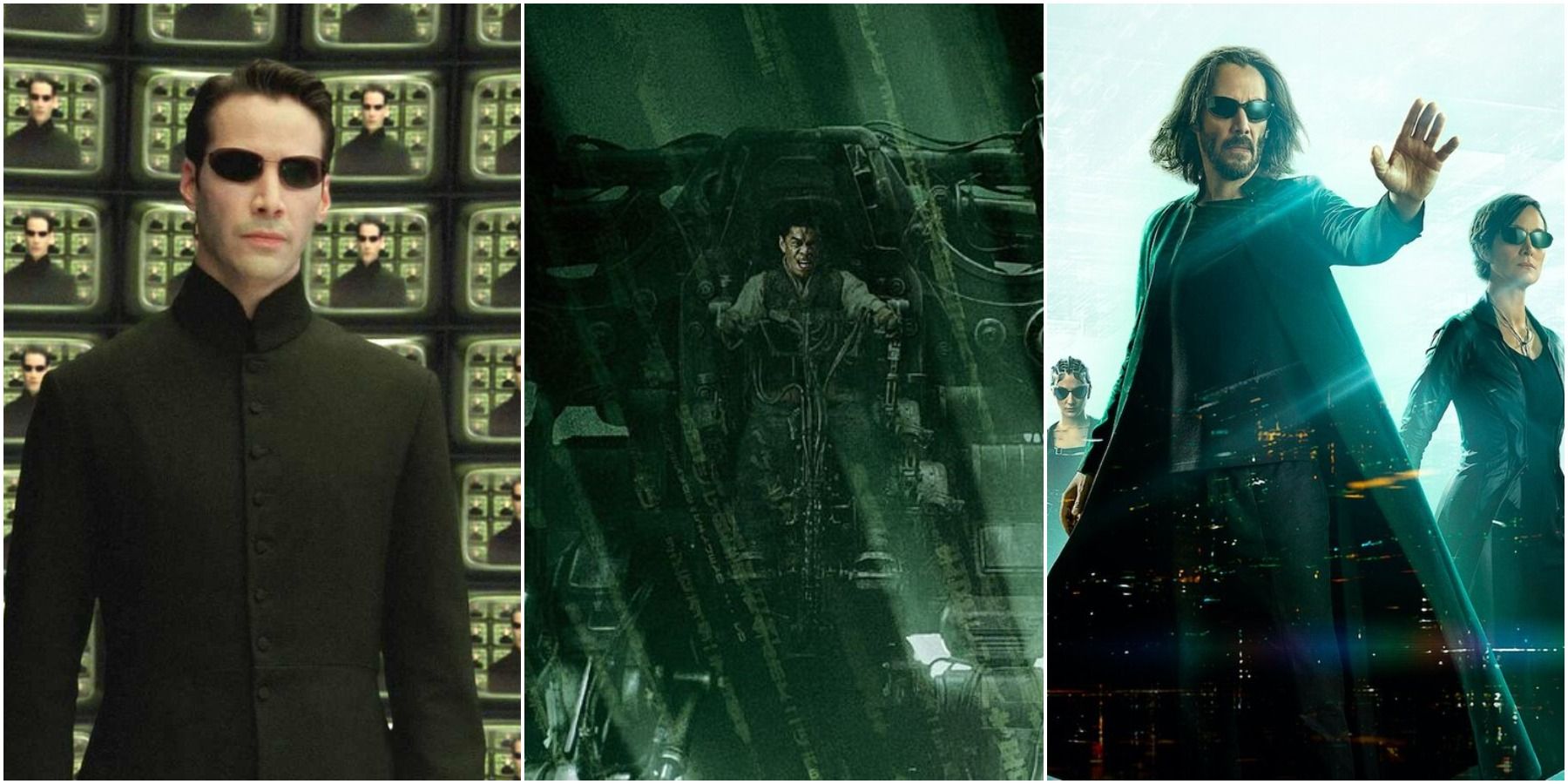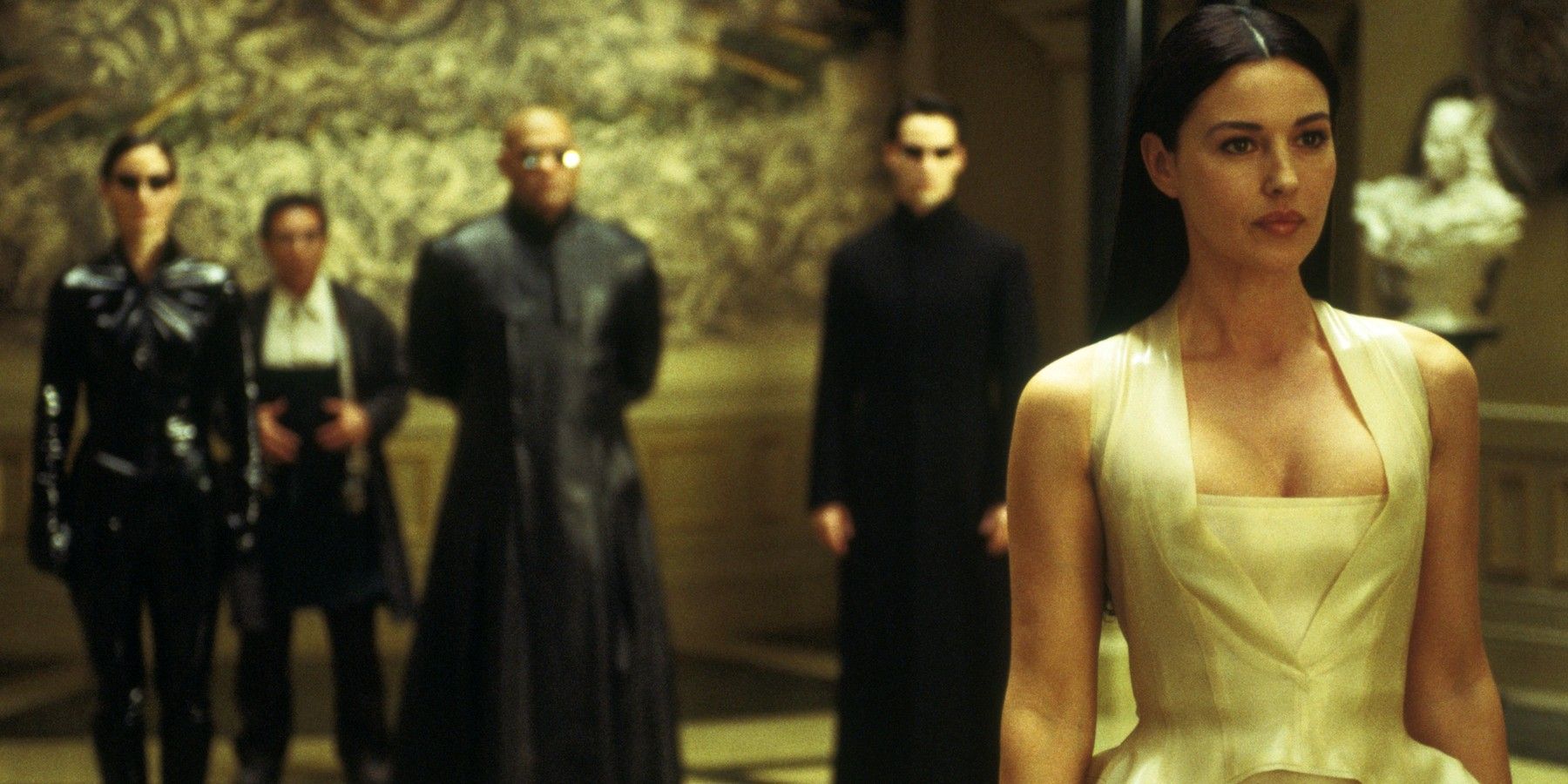It's hard to think of a film sequel more hyped in recent history than Lana Wachowski's aptly named The Matrix Resurrections. This follow-up to 2003's Revolutions seemed poised to transport viewers through another memorable trip down the rabbit hole. Fans were giddy with anticipation at the prospect of revisiting this wondrous dystopian world, which would add to the lore and unveil the fate of renowned characters Neo, Trinity, and Morpheus. Spurred partly by the reveal that Keanu Reeves and Carrie-Anne Moss would be reprising their roles, the film became one of the most anticipated of the year.
This was largely the case even after announcements that Laurence Fishburne and Hugo Weaving wouldn't be returning, nor would co-director Lilly Wachowski—though some doubt begun to seep in. Fans questioned how Matrix 4 could realistically explain the "resurrections" of these seemingly deceased figures, and where the story could go from here. These doubts were at least partly realized, and the film's poor reception yielded tepid earnings of $153 million gross at the box office. But while Resurrections proved a let-down for many fans, some seem to have forgotten that the sequels weren't exactly well-received gems either. And in fact, Matrix 4 may ultimately be viewed in a better light as time passes.
It's hard to deny that the original Matrix is unmatched and rightfully elevated in the series—with its great blend of dystopian sci-fi, intense action, thought-provoking concepts, and groundbreaking effects. But while Resurrections may be far removed from the '99 classic, it does bring its own interesting elements that may outdo Reloaded and Revolutions in some respects, especially when it comes to standing the test of time.
For all its perceived faults—watered-down visuals, ill-fitting tones, and a straightforward plot—The Matrix Resurrections does have a unique charm that's effective in its own way. It amusingly uses meta-commentary and nods to the audience, even flirting with satirical jabs at fans and studio execs as characters discuss what makes a good Matrix sequel. This technique of borderline self-parody has proven divisive to say the least. For many, it feels cheap and separated from the lore and overall spirit of the originals. But is it really?
Funny enough, Neo is introduced as a game designer who's helping to craft a game unknowingly based on his past existence (the Original Trilogy). This Matrix game premise and origin story may bring its share of facepalms, though it also sets the stage for the self-aware, meta undertones that give an added dimension. Ironies abound as execs discuss what fans seek in a new Matrix, Morpheus (Yahya Abdul-Mateen II) mentions the merits of nostalgia, and footage of the first film is shown and discussed. "The Analyst" (Neil Patrick Harris) explains that people seek the "safe and familiar"; no-doubt alluding to a segment of Matrix purists.
While this angle may not be what many fans wanted, it's nonetheless a fresh take on how to approach a Matrix sequel. Given the franchise's themes of multi-layered "realities," societal commentary, and its notion of looking inward, this strange approach is contextually fitting in a sense. Even if Resurrections leaves much to be desired with regard to world-building, narrative, and special effects, it taps into that Matrix quality of exploring the very nature of reality in its own clever way. There are plenty of Matrix references and easter eggs to be had, just presented in a different fashion.
Reloaded alienated numerous fans too, but for very different reasons. In the case of this film, it was the heavy exposition, philosophical bloat, and amped-up action scenes—like the Smith army skirmish with Neo—which verged on campy and turned some fans off. Granted, seeing the alluded-to human city of Zion revealed and a super-powered Neo was enough to entice some initially, as was that exhilarating highway chase scene.
However, the film is also bogged down by some weaker bouts like the trivial party scene in the caves of Zion and Neo's meeting with the architect; which begets loads of convoluted exposition. Fans were generally left with more questions than answers following the confusing, drawn-out ending. The final act presents a few interesting, but mostly unexplained reveals which leave fans scratching their heads. These include multiple versions of Neo and the Matrix—and Neo's newfound ability to somehow destroy Sentinels in the real world with his mind. Unfortunately, the film's successor did little to answer or elaborate on these concepts and failed to satiate fans as a whole.
Revolutions leaned on a rather stock sci-fi battle by the humans against the machines in Zion, as well as a drawn-out Dragon Ball Z-esque showdown between Neo and Smith for the bulk of its run. Its set-pieces scarcely expand beyond Zion, an empty train station (a sort of in-between Matrix "limbo"), and a dark, rainy Matrix city comically filled with rogue Smiths. The film kills off Neo and Trinity and leaves Zion in shambles without much to show for it, other than the vague promise of peace. The film ends in tepid, unresolved fashion for many, as the Oracle and Sati look on at a virtual sunset while the Matrix reboots. Understandably, these elements didn't inspire much hype for the series' future among many fans—and yet, there was no shortage of it for Matrix 4.
Despite a smattering of fun, interesting bits mixed in—Reloaded and Revolutions are still widely viewed as flawed and underwhelming; not unreasonably. This makes the cascading hype surrounding Matrix 4 a bit puzzling; especially given that it gets more criticism than it probably deserves. Resurrections has its oddities and blemishes, to be sure, and it unexpectedly veers in a new direction that isn't for everybody. But its unique angle of meta-commentary and self-awareness gives it a distinction, and may even prove more future-proof than the lukewarm Reloaded and Revolutions.
The Matrix Resurrections is now playing in theaters and on HBO Max.





